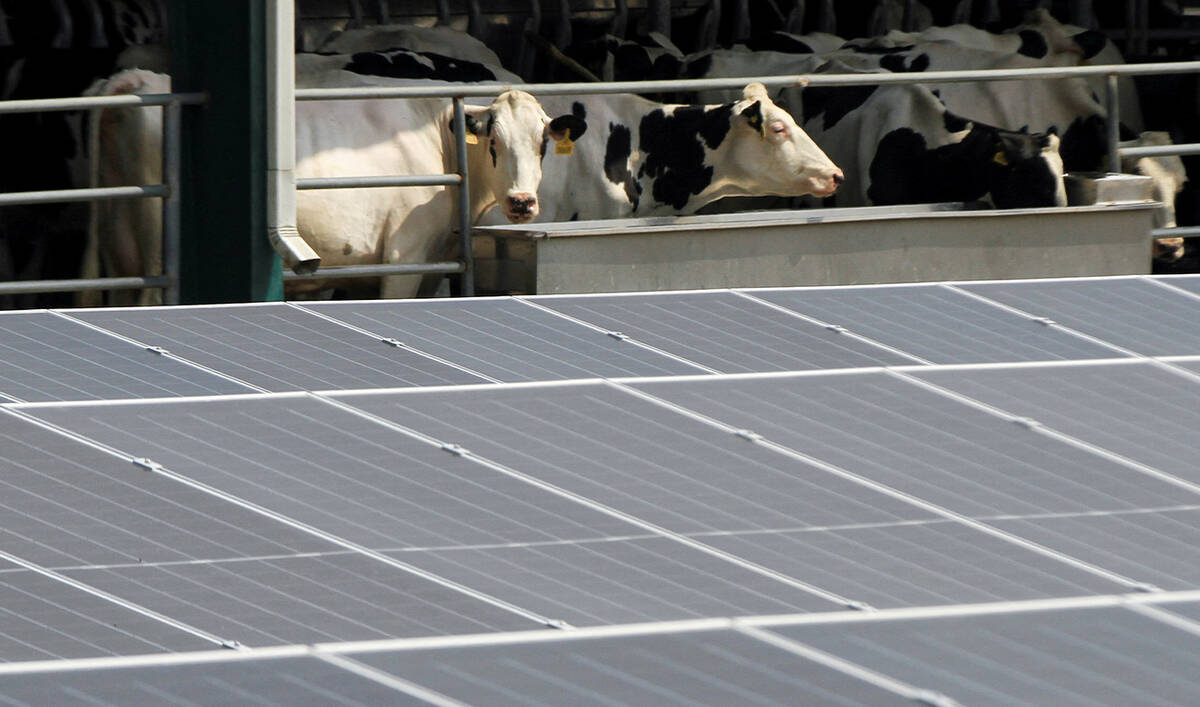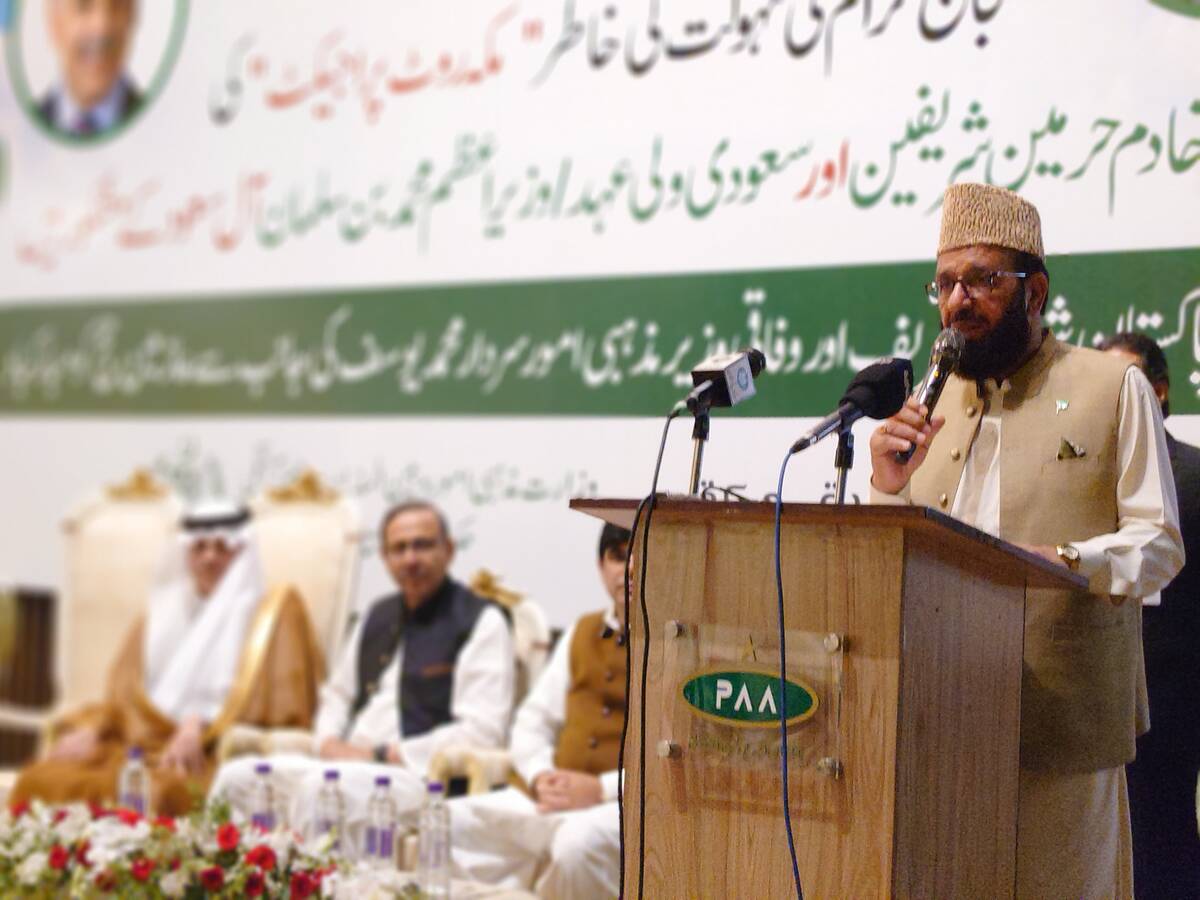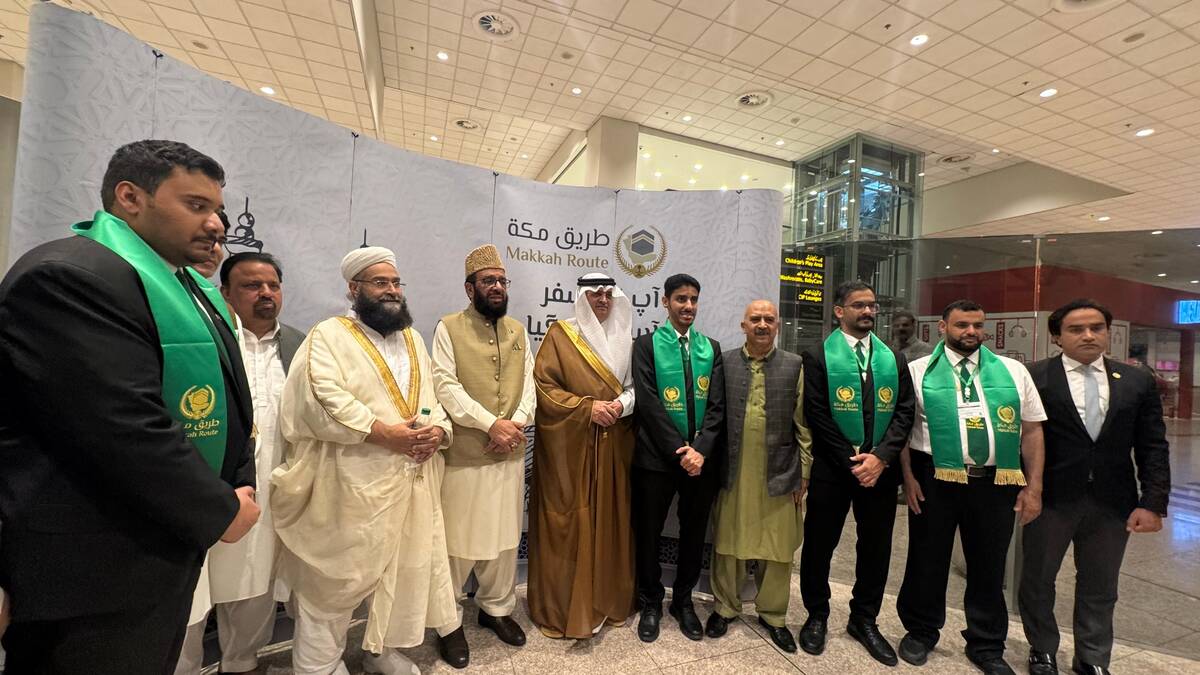QUETTA: A body of local tribesmen and traders on Sunday called off its nine-month-long sit-in protest against the government’s strict visa policy in the southwestern Chaman town bordering Afghanistan, with its spokesperson saying the decision had been taken after the government accepted its demands and released detained protesters.
Pakistan’s interim government last year tightened its travel policy for citizens of all neighboring countries following deadly attacks in the country’s northwestern Khyber Pakhtunkhwa (KP) and southwestern Balochistan provinces. Pakistan shares a 2600-kilometer porous border with Afghanistan which lies through KP and Balochistan. The Chaman border crossing is one of the key border crossings between the two countries in Pakistan’s Balochistan that connects with Afghanistan’s Kandahar province.
Since Pakistan’s independence from British India, Islamabad has been practicing a relaxed travel policy for residents living in border towns on either side. Local tribesmen and traders in Pakistan’s border areas could previously cross into Afghanistan through Chaman by showing their National Identity Cards. Afghan nationals in Kandahar, meanwhile, were allowed to enter Pakistan after showing their Afghan national identity document, also known as “Tazkira.”
But the Pakistani government in October 2023 announced a strict policy that allows only residents of Chaman and Kandahar to cross the border by showing their proof of residence. The rest of the citizens from both countries were required to have passports and visas to travel across the border. Furious traders in Pakistan had opposed the move, saying the strict policy would hamper their economic activities as daily over 15,000-20,000 people use the border crossing to travel between the two countries. They staged a sit-in protest for nine months at the border crossing, causing trade between the two countries to remain at a standstill.
Raja Athar Abbas, Chaman district’s deputy commissioner, said organizers of the sit-in protest had agreed to follow the government’s visa policy.
“There will be special areas for laborers depending on daily wages through the border trade and only they can travel with their National Identity Cards,” he told Arab News on Sunday.
Malik Inayat Kasi, former Balochistan home minister and tribal elder who addressed the protesters on Sunday, said the government had succeeded in addressing a key issue of the province.
“The protesters have accepted the passport and visa policy at the Chaman border that was announced by the Government of Pakistan,” he told Arab News.
However, Olas Yar, the spokesperson of the protesters, said the sit-in had been called off after the provincial government had accepted all of their demands and released detained protesters who were charged with various crimes.
“Today we have ended our protest after Mr. Kasi assured us that the government has accepted all of our demands,” Yar told Arab News.
He said the protesters will observe the situation during the next two days, warning that if the government does not allow them access to border markets in Afghanistan under the previous conditions, they will protest again.
Pakistan has been witnessing an uptick in militant violence in its northwestern and southwestern regions, particularly after the Pakistani Taliban called off their fragile truce with the government in November 2022. The militant group, which is said to have sanctuaries in neighboring Afghanistan, is separate from but a close ally of the Afghan Taliban.
The recent attacks also prompted authorities in Pakistan last year to ask all illegal immigrants to leave the country by November 1, 2023. Islamabad says it has so far deported over 620,000 Afghan nationals who were living in the country illegally and has vowed to continue doing the same.

























